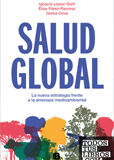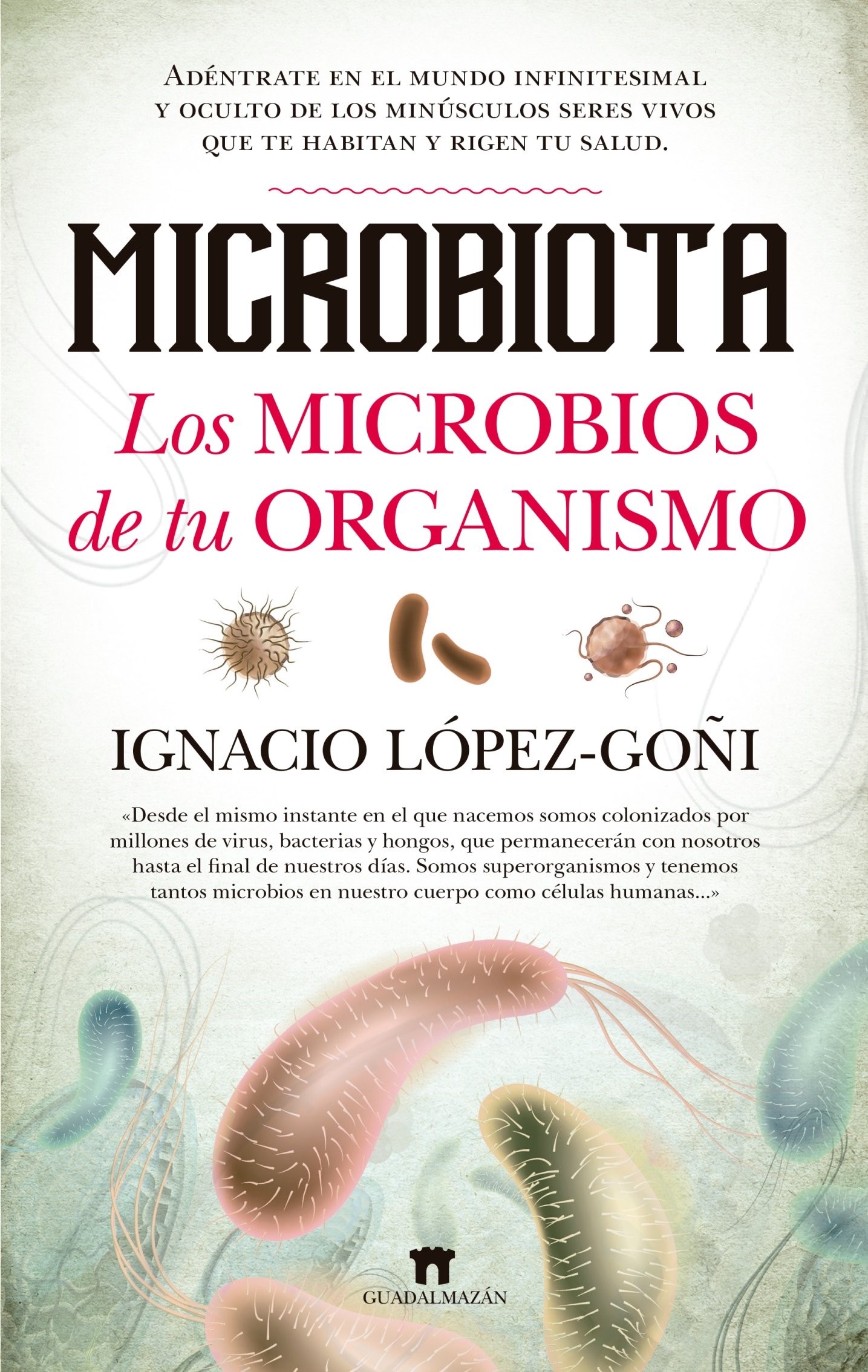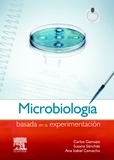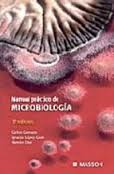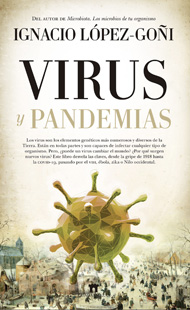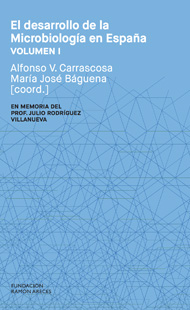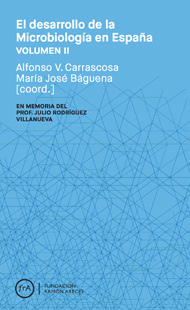The department de Microbiology and Parasitology of the School of Medicine of the University of Navarra is aninterfaculty department that develops a wide range of work professor, assistance and research.
From an academic point of view, it is subdivided into two teaching sections: Microbiology and Parasitology, both focused on integrated teaching in the different Degrees (Nursing; Biology; Biochemistry; Pharmacy; Nutrition; Medicine) and Postgraduate courses.
The department has fully equipped and certified BSL-3 facilities for the handling of human pathogens under the strictest safety measures.
The main lines of research of department are mainly in the context of pathogenic microorganisms (virulence, typing, detection, diagnosis, treatment, vaccine immunoprophylaxis and food safety). The members of department are co-inventors of 23 patents and maintain strong collaborations with biomedical and pharmaceutical companies.
The laboratory of Food and Water Microbiology(Microbiology and Food Safety area) is located at department . This laboratory is certificate in compliance with the Principles of Good Practices of laboratory (GLP) for the performance of antibiotic, fungicide, preservative and stability efficacy tests in the fields of human and veterinary medicines and cosmetic products. In addition, laboratory offers other analytical services for the agri-food, pharmaceutical, chemical and Materials industries (most of them according to ISO standardised methods), following the quality standards of rule ISO 17025.
On the other hand, lecturers who are specialists in Clinical Microbiology also work in the Microbiology and Infectious Diseases Departments at the Pamplona and Madrid offices. Clínica Universidad de NavarraThe clinical research is carried out at the Pamplona and Madrid offices. The clinical research lines are developed within the Navarra Health Research Institute (IDISNA) in the areas of diagnosis and treatment of infections associated with biofilms, infections caused by respiratory viruses, infections in transplant patients, infections related to healthcare attendance , infections caused by multi-resistant microorganisms and development of new antimicrobials.
UN microbiologist Ignacio López-Goñi, award of Science in Spanish (June 2023)
Biologist Ignacio López-Goñi, awarded for his scientific work knowledge dissemination (June 2021)
Leishmaniasis triples in Navarra: two out of ten dogs suffer from the disease (June 2021)
Frequently asked questions about coronavirus. Clínica Universidad de Navarra (March 2020)
Ten good news about coronavirus (March 2020)
Navarre researcher develops a new vaccine against Shigellosis (March 2020)
article on the danger of self-medicating published in the Diario de Navarra (January 2019).
article about Listeriosis published in El Español (August 2019)
article On Antibiotics and flu: useless combination. Las Provincias (November 2018)
NHD students collaborate on the training for CUN food handlers (October 2018).
article On Campaign for the use manager of antibiotics. Diario de Navarra (November 2017).
Pathway discovered to improve brucellosis vaccines (January 2015)
A researcher at the University of Navarra develops a new vaccine against bacterial dysentery (November 2014).
Researchers from the Tropical Health Institute publish a book on the latest advances in Brucella, the bacterium that causes brucellosis (January 2012).
Contact
María Orbe Martínez-Avial
morbe@unav.esResearch Building
C/ Irunlarrea, 1
31008 Pamplona, Spain
+34 948 42 56 00
Ext. 806319





